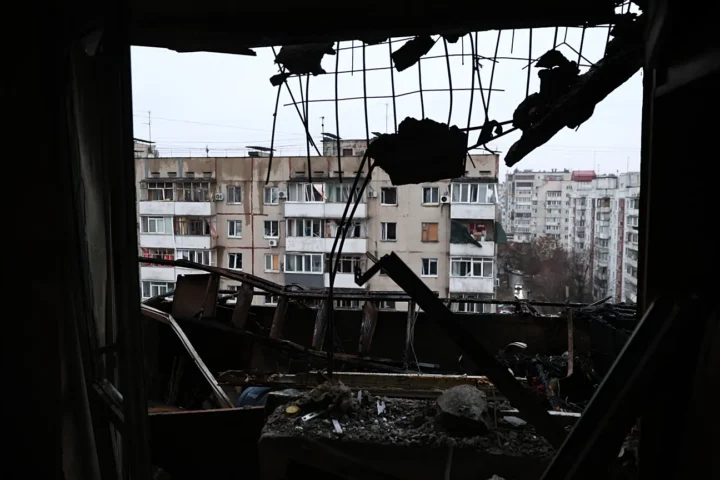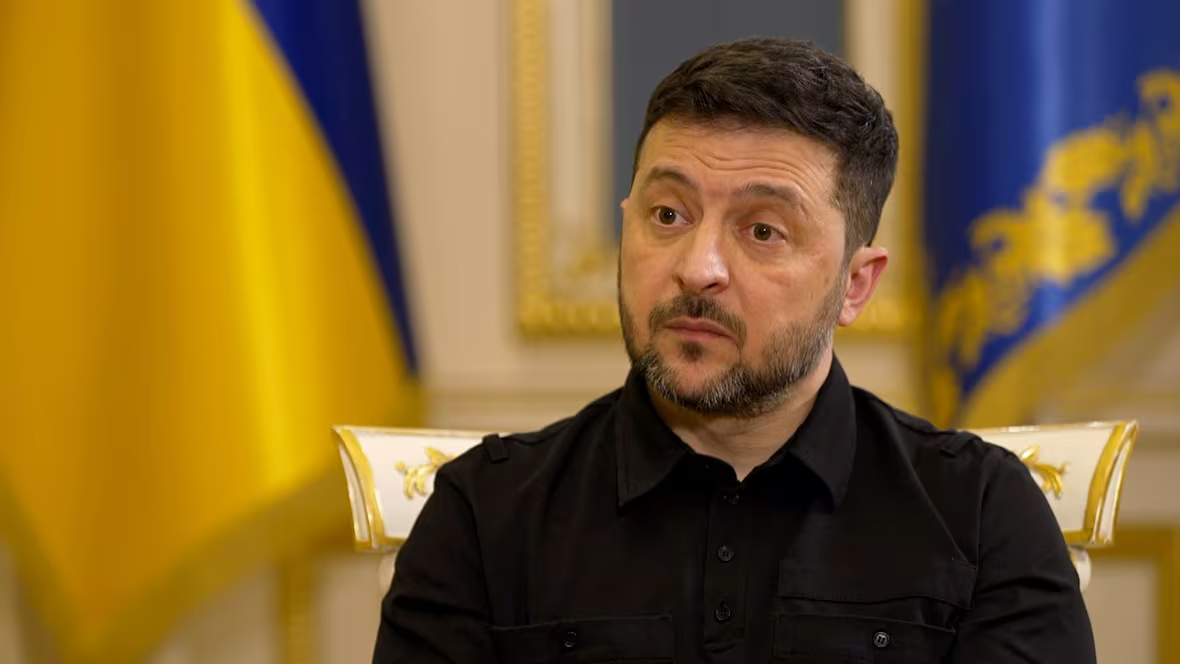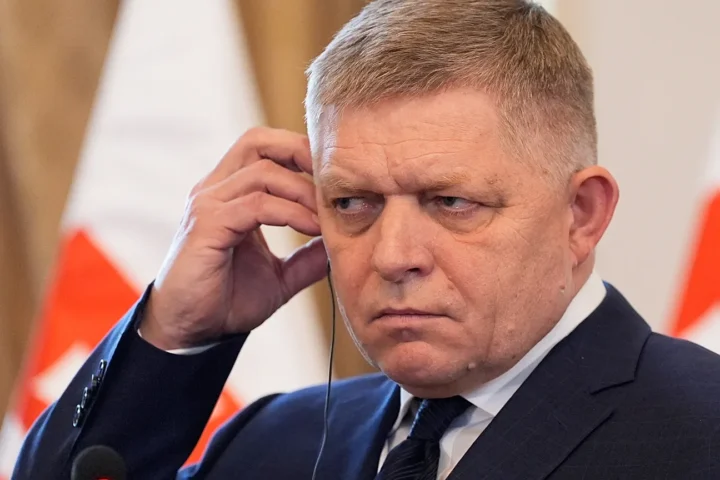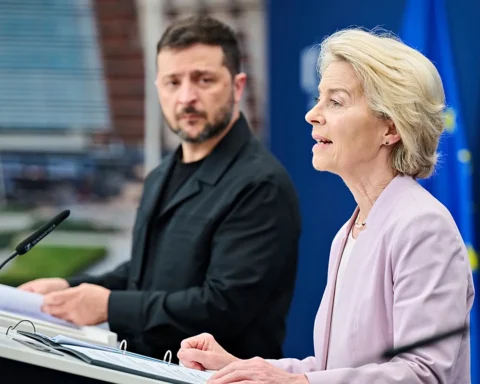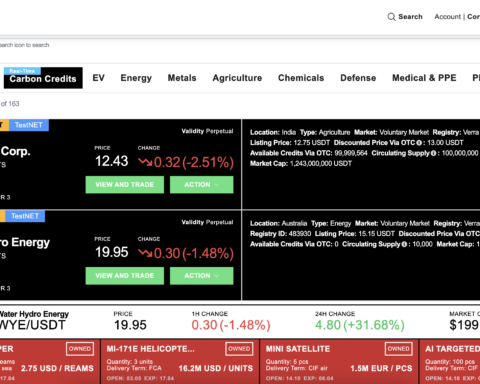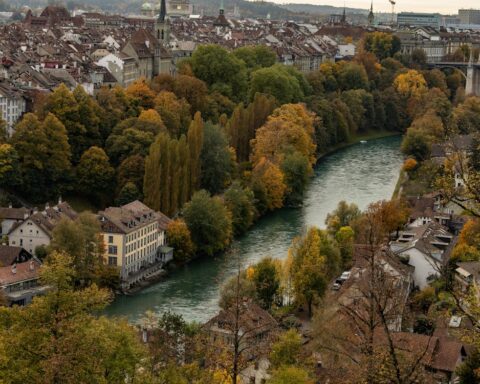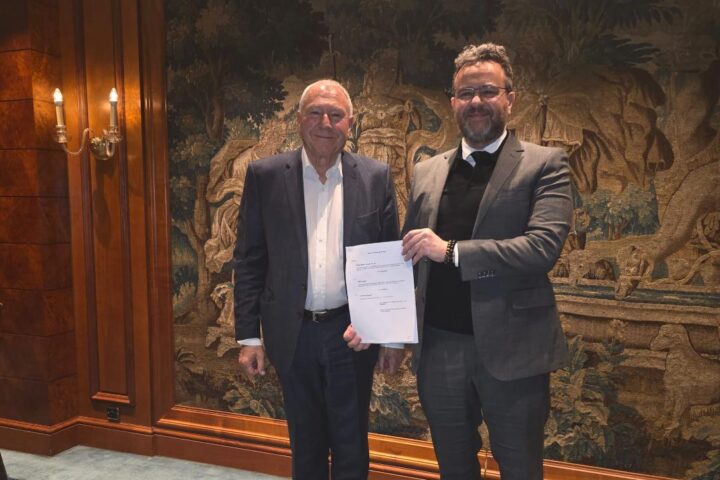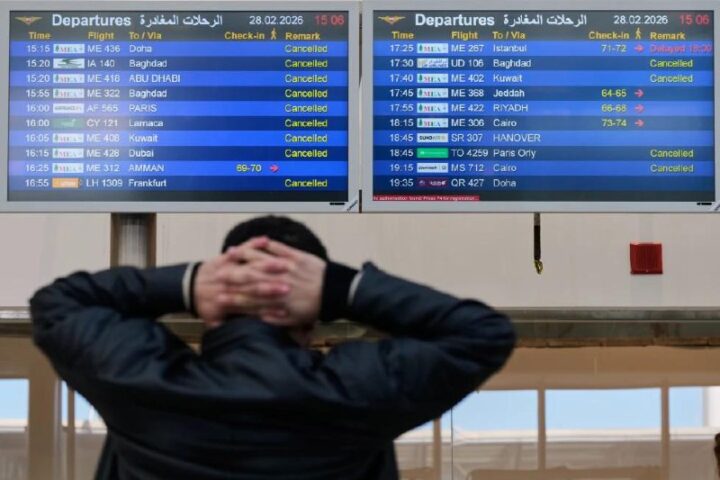In a closely contested electoral battle, Croatia’s governing conservative party, the Croatian Democratic Union (HDZ), emerged triumphant in Wednesday’s parliamentary elections, as confirmed by the official tally. The victory signifies a significant political feat for Prime Minister Andrej Plenkovic and his HDZ party, prevailing over a centrist left-wing alliance led by President Zoran Milanovic and the Social Democratic Party (SDP).
Despite clinching a notable win, Prime Minister Plenkovic’s HDZ now faces the strategic imperative of securing support from far-right factions to consolidate power. The electoral landscape, punctuated by intense rivalries between key political figures, underscores the complex dynamics shaping Croatia’s political future.
With over 90% of the ballots tallied, the HDZ secured 60 seats in the 151-seat parliament, while the SDP obtained 42 seats. The far-right Statehood Movement emerged as a pivotal player with 14 seats, positioning itself as a potential kingmaker in coalition negotiations.
Addressing supporters in his victory speech, Prime Minister Plenkovic outlined the task ahead, emphasizing the imperative of forging a new parliamentary majority to form the government’s third term. The HDZ’s electoral triumph reflects a significant endorsement of its policy agenda and leadership.
Against a backdrop of pressing socio-economic challenges, including soaring inflation, labor shortages, and migration concerns, the election assumes heightened significance. Croatia’s strategic alignment within the European Union and NATO, particularly amidst geopolitical uncertainties stemming from the conflict in Ukraine, underscores the stakes involved in shaping the nation’s political trajectory.
President Milanovic’s opposition to increased aid for Ukraine underscores broader geopolitical tensions within the EU. However, with the HDZ’s victory, Croatia is poised to maintain its pro-Western orientation, reaffirming its commitment to European integration and solidarity.
Having played a pivotal role in Croatia’s political landscape since independence, the HDZ’s electoral success underscores its enduring influence and resonance with the electorate. As Croatia navigates its path forward as a member of the European Union, the election outcome holds implications not only for domestic governance but also for regional stability and EU cohesion.



